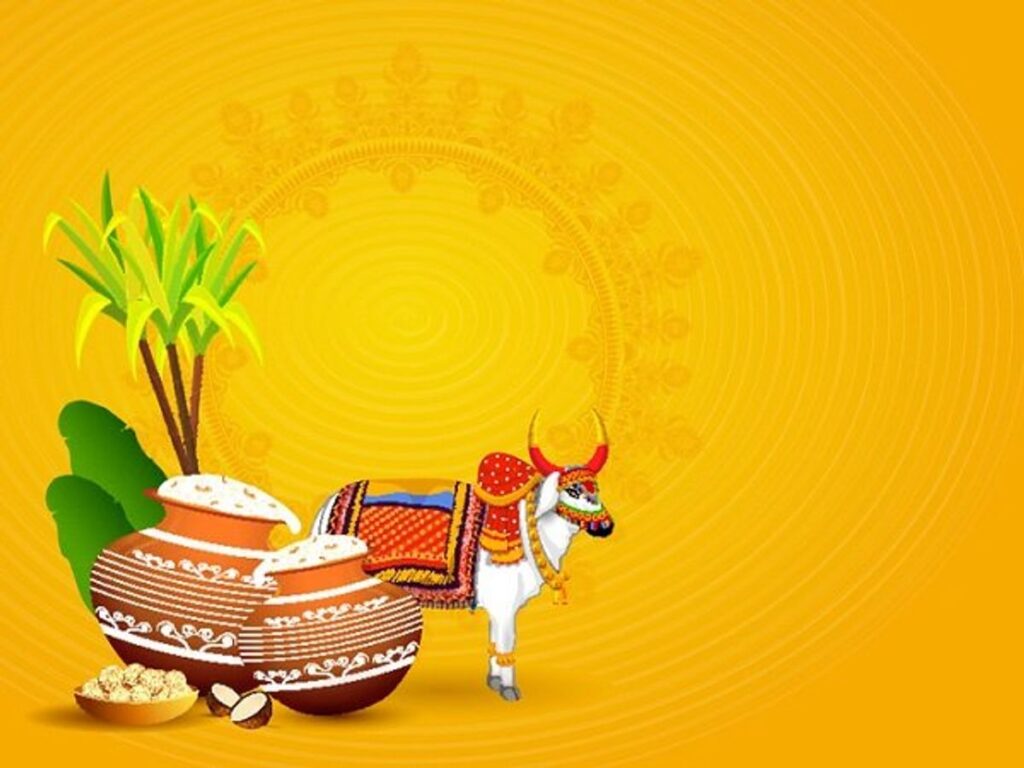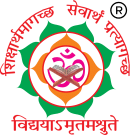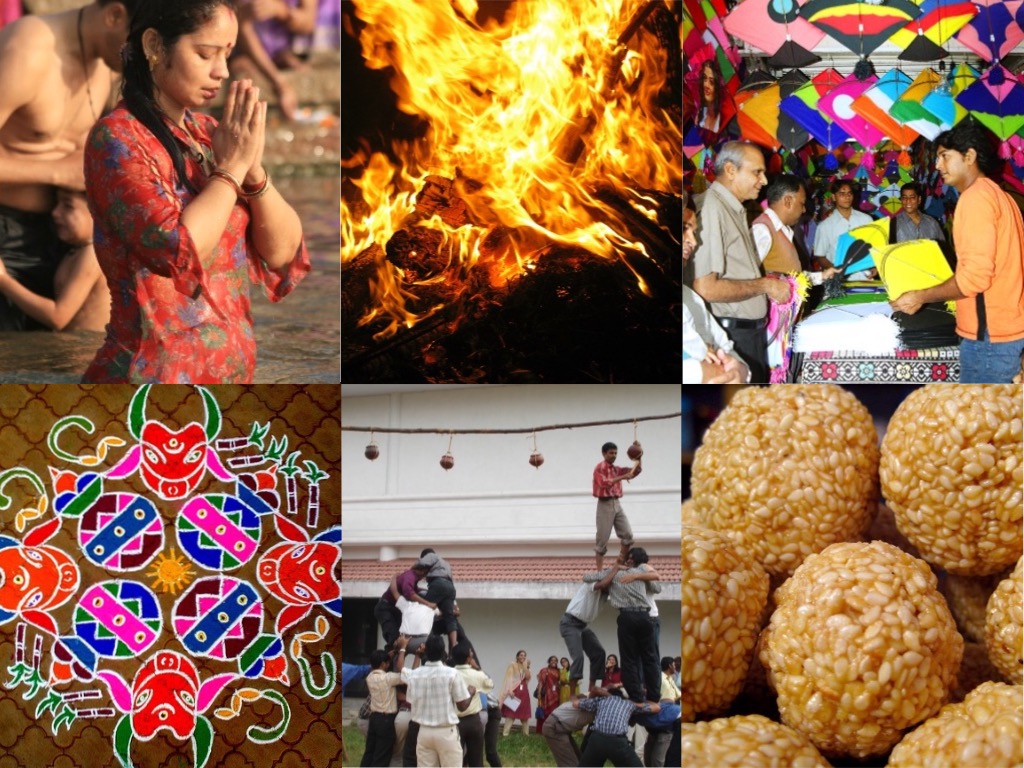Makara Sankranti marks the onset of longer and warmer days bidding adieu to the winter chill. It marks the beginning of the ascent of the Sun into the northern hemisphere and is celebrated by the Hindus with a lot of pomp and galore.
Makara Sankranti is symbolic of the change of planetary houses that the Sun makes by shifting from Saggitarius to Capricorn during this time of the year. Although Indian festivals are based on the lunar calendar, Makara Sankranti follows the solar calendar and hence is usually celebrated on the same day every year. This also marks the inception of the holy phase of Uttarayana which is considered the best time for attaining ‘mukti’.
Makara Sankranti is celebrated all across India by different names and rituals associated with this pious day. Other names include ‘Khichri’ in Uttar Pradesh, ‘Pongal’ in Tamil Nadu, ‘Bhogali Bihu’ in Assam, ‘Sakarat’ in Central India and ‘Lohri’ in Punjab and northern India.
Different rituals are practiced in different states of India. Some of the key rituals of Makara Sankranti festival and its celebration are given below. In Uttar Pradesh, ritual holy baths are taken by people in the Ganges. The famous ‘Magh Mela’ starts on this day at the Prayag in Allahabad. In Punjab, the local people lit bonfires on the eve of Sankranti and performed puja around the sacred fire by throwing rice and sweets into it. This is followed by grand feasts and their native ‘bhangra’ dance around the fire.
In Gujarat, kite flying is of prime importance on that day. Other holy rituals like giving gifts to younger members of the family are a common practice during Makar Sankranti. In Maharashtra, Sankranti is marked by the making and exchange of various kinds of sweets made of jaggery and sesame seeds. In Tamil Nadu and other parts of southern India, this day marks the worship of the harvest God. Local people harvest their paddy on this day. This festival known as Pongal is the biggest festival celebrated by South Indians. In Bengal, the famous Ganga sagar mela starts on this day. People take holy dips in the river on this day offering early morning pujas to the Sun God at dawn. Among the tribals of Orissa, Makar Sankranti signifies the New Year which is welcomed by cooking local food and sharing it among friends and families.

In consonance with the Puranas, it is believed that Lord Surya pays visit to his son, Lord Shani who is the lord of Makar sign, on this day. This festival signifies a healthy bond that is shared between a father and a son.
Makar Sankranti will be celebrated on 14th January 2022. Yoga Vidya Gurukulam wishes everyone a happy Makara Sankranti

